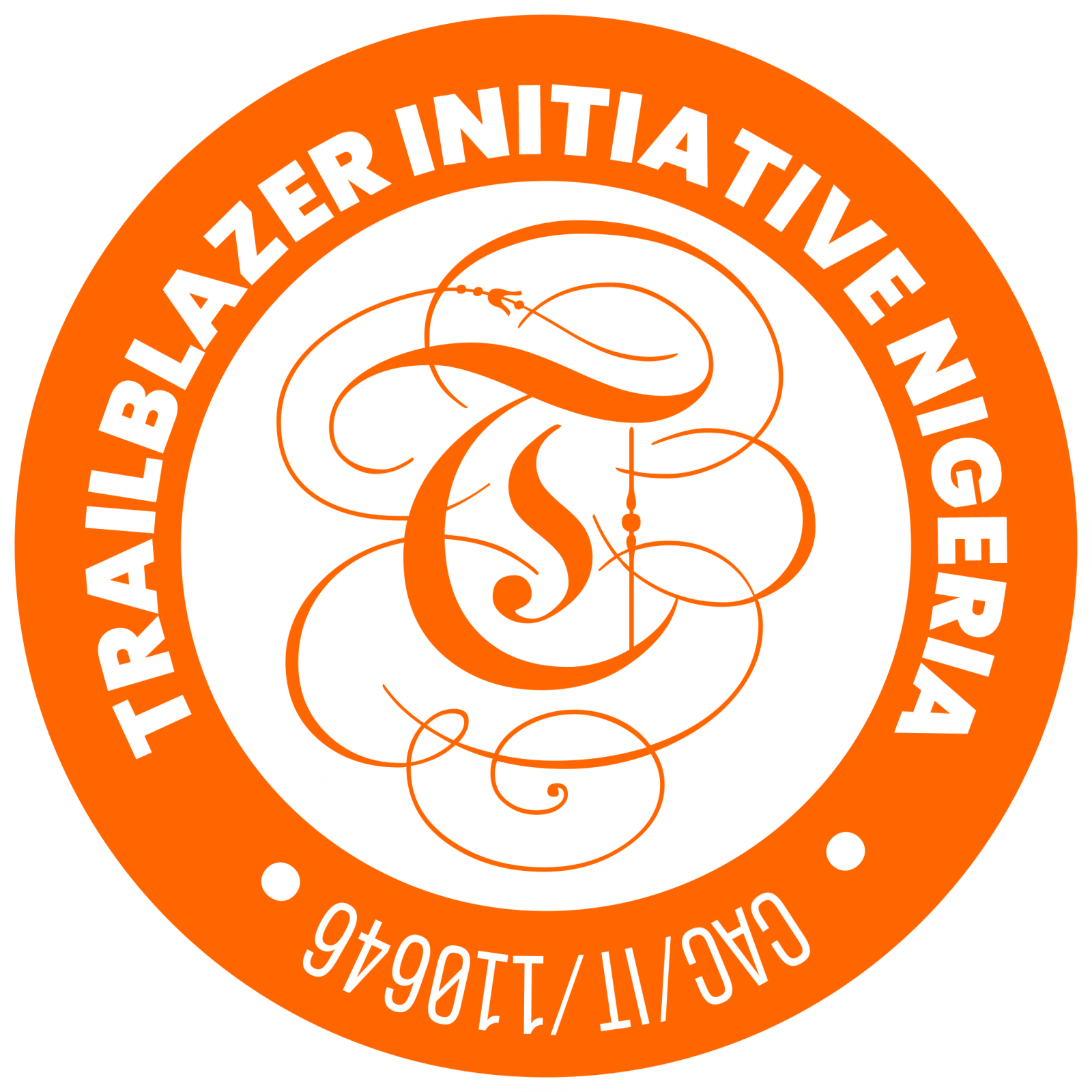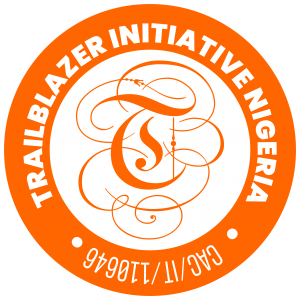Sexually transmitted infections (STIs) are a critical public health issue affecting millions of people worldwide. As part of Trailblazer Initiative’s ongoing commitment to promoting health and well-being in our communities, we aim to provide comprehensive information about STIs, their prevention, and the importance of education in reducing their spread.
What Are Sexually Transmitted Infections (STIs)?
STIs are infections that are primarily spread through sexual contact, including vaginal, anal, and oral sex. They can also be transmitted through non-sexual means such as blood transfusions, shared needles, and from mother to child during childbirth or breastfeeding. Common STIs include chlamydia, gonorrhea, syphilis, human immunodeficiency virus (HIV), human papillomavirus (HPV), herpes simplex virus (HSV), and hepatitis B and C.
Symptoms of STIs
Many STIs often present with no symptoms, especially in the early stages, which can lead to unnoticed transmission. When symptoms do occur, they can vary widely depending on the infection. Common symptoms may include:
- Unusual discharge from the penis or vagina
- Painful or burning sensation during urination
- Sores, blisters, or warts on the genital or anal area
- Itching or irritation in the genital area
- Pain during intercourse
- Swelling or redness in the throat (in cases of oral STIs)
- Flu-like symptoms such as fever, body aches, and swollen lymph nodes
The Importance of STI Testing
Regular STI testing is crucial for sexually active individuals. Early detection allows for timely treatment, reducing the risk of complications and preventing the spread of infections to others. Many health facilities and organizations, including Trailblazer Initiative, offer confidential and free or low-cost STI testing services.
Prevention Strategies
Preventing STIs involves a combination of education, responsible behavior, and medical interventions. Here are some effective strategies:
- Use of Condoms: Consistent and correct use of condoms during sexual activity significantly reduces the risk of most STIs, including HIV.
- Regular Testing: Routine STI screenings for sexually active individuals can help detect infections early and reduce the spread.
- Mutual Monogamy: Being in a long-term, mutually monogamous relationship with a partner who has been tested and is known to be uninfected lowers the risk of STIs.
- Vaccinations: Vaccines are available for certain STIs, such as HPV and hepatitis B. Getting vaccinated can provide protection against these infections.
- Avoid Sharing Needles: Using sterile needles for tattoos, piercings, and drug use can prevent blood-borne infections like HIV and hepatitis.
- Communication: Open and honest communication with sexual partners about STI status and sexual history is essential for reducing risk.
The Role of Education
Education is a powerful tool in the fight against STIs. Comprehensive sex education that covers STI prevention, safe sex practices, and the importance of regular testing can empower individuals to make informed decisions about their sexual health. Trailblazer Initiative works closely with schools, community groups, and healthcare providers to deliver educational programs that promote STI awareness and prevention.
Addressing Stigma
One of the significant barriers to STI prevention and treatment is the stigma associated with these infections. Stigma can prevent individuals from seeking testing and treatment, leading to untreated infections and further spread. It’s essential to foster a supportive and non-judgmental environment where people feel comfortable discussing their sexual health and accessing necessary services.
Treatment and Support
Most STIs are treatable, and early intervention can prevent serious health issues. Bacterial STIs, such as chlamydia and gonorrhea, can be cured with antibiotics, while viral STIs, like herpes and HIV, can be managed with antiviral medications. It’s crucial to follow the prescribed treatment regimen and inform sexual partners so they can also get tested and treated if necessary.
Support services, including counseling and support groups, can help individuals cope with the emotional and psychological impacts of an STI diagnosis. Trailblazer Initiative offers resources and support to those affected by STIs, helping them navigate treatment and maintain their overall well-being.
Conclusion
STIs are a significant public health challenge, but with the right knowledge, preventive measures, and support, we can reduce their impact on individuals and communities. Trailblazer Initiative remains dedicated to raising awareness, providing education, and offering resources to combat the spread of STIs. By working together, we can promote healthier, safer communities for everyone.
For more information on STI testing, prevention, and support services, please visit our office or contact us via contact form page. Your sexual health is important—take the steps today to protect yourself and those you love.









